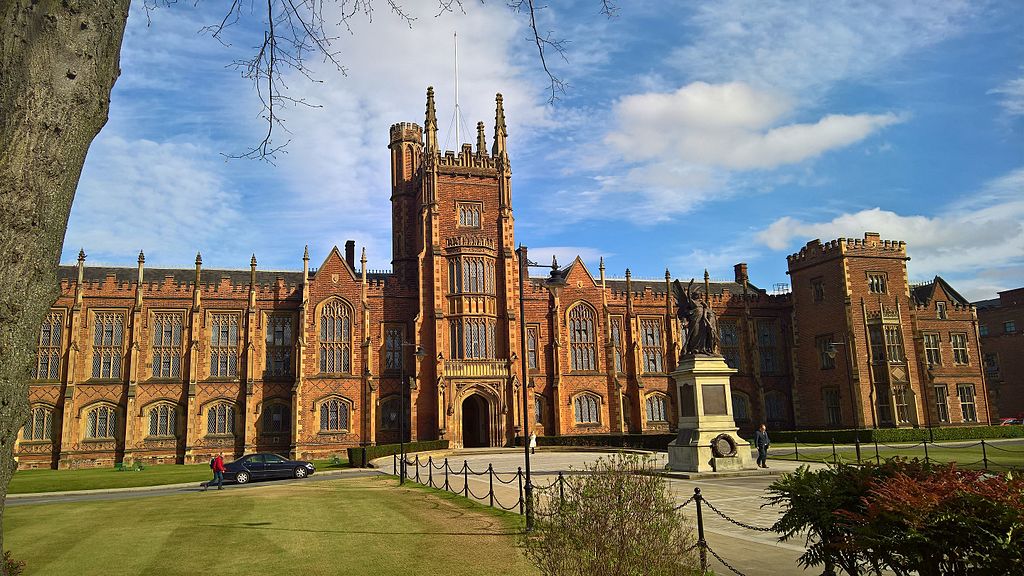The UK government has allocated £100 million a year to build a new student exchange system system to replace Erasmus, the EU system the UK opts out of at the end of the year.
When the Brexit talks ended with an agreement just before Christmas, one surprise the final agreement contained was the UK’s decision to leave the Erasmus scheme, which allows students to spend part of their time in higher education studying at a university or college in the country of another participating state.
The Erasmus scheme is hugely popular among students, though less so among British students. Now, however, not only will British students have the option taken away from them, but the doors to British universities will now be closed to foreign students.
Now the UK government has announced its new replacement scheme, named Turing after the wartime codebreaker and computer pioneer Alan Turing.
The plan, announced at the weekend by the Department for Education, aims to allow 35,000 British students to take part in an exchange scheme from the start of the new academic year in September.
The announced timetable is ambitious, to say the least, considering the plan was only announced last week, and came as a surprise to education circles in the UK, let alone those in Europe and elsewhere who will presumably be expected to take part.
The main reason for the UK to break with an assurance given previously by the prime minister, Boris Johnson himself, was that Turing will allow British students to study abroad not only in Europe, but all over the world.
“We now have the chance to expand opportunities to study abroad and see more students from all backgrounds benefit from the experience,” education secretary, Gavin Williamson, told The Guardian.
“We have designed a truly international scheme which is focused on our priorities, delivers real value for money and forms an important part of our promise to level up the United Kingdom.”
The education department promised the new scheme would prioritise students from disadvantaged backgrounds, who would otherwise not have the opportunity to study abroad.
The UK joined Erasmus in 1987, and about 35,000 British students study in other countries every year. However a higher number of foreign students use Erasmus to study in the UK, which offers not only prestigious universities but also the chance to study in, and perfect their command of, the English language.
“Inbound exchange students contributed £440m to the UK economy in 2018 and there are real concerns about whether the UK will see a decrease outside of the Erasmus scheme,” according to Vivienne Stern, director of Universities UK International, which promotes and represents British universities abroad.
One exception to the British departure from Erasmus concerns students in higher education in Northern Ireland, who will be able to take part in exchange activities after the government of the Republic of Ireland agreed to sponsor their participation.
Alan Hope
The Brussels Times

